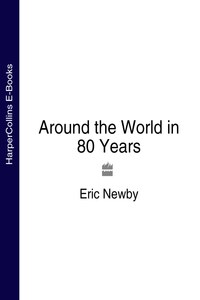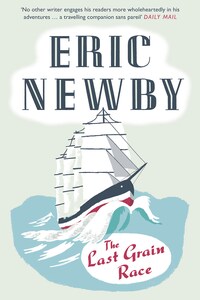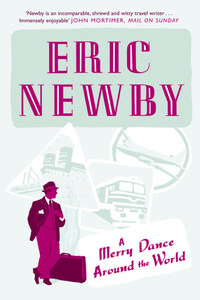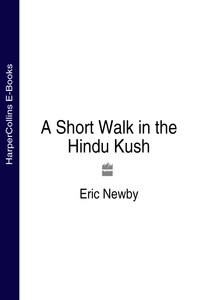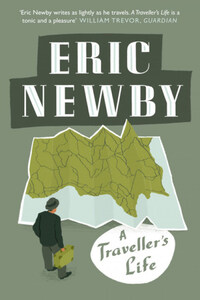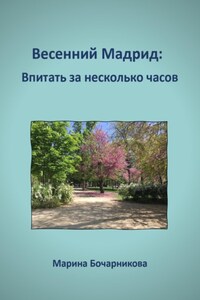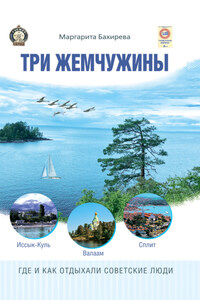‘The Ganga has been a symbol of India’s age-long culture and civilisation, ever-changing, ever-flowing, and yet ever the same Ganga. She reminds me of the Himalayas, snow-covered peaks and the deep valleys which I have loved so much, and of the rich and vast plains below where my life and work have been cast.’
Jawaharlal Nehru
‘Here I asked repeatedly, and received a different account … Perhaps these particulars vary in different instances. At all events it is a proof how hard it is to gain, in this country, accurate information as to facts which seem most obvious to the senses.’
Narrative of a Journey through the Upper Provinces of India Reginald Heber, D.D., Lord Bishop of Calcutta
This is the story of a twelve-hundred-mile journey down the Ganges from the place where it enters the Plains of India to the Sandheads, forty miles offshore in the Bay of Bengal, made by two Europeans in the winter of 1963–4. It is not an heroic story such as that of Franklin and his companions chewing leather on the banks of the Coppermine River but having got there (it is difficult to envy Franklin); of Ives seeing for the first time the great canyon of the Colorado; of Garnier reaching the headwaters of the Yangtze; or of Bailey and Morshead travelling sixteen hundred miles on foot through the gorges of the Tsangpo. We were born too late for such feats, even if we had had the courage and determination to perform them. We were even prevented from emulating the painter James Fraser’s long journey to the sources of the Bhagirathi Ganges – one which is made by numerous pilgrims – by the coming of the snow and our own meagre resources. It is not a book about India today; neither is it concerned with politics or economics. It is certainly not erudite, as must be obvious to anyone who has the patience to read it. It is about the river as we found it.
In most standard works of reference the Ganges does not even rate an entry in the tables which list the great rivers of the world, for it is only 1,500 miles long from its source in the Himalayas to the Bay of Bengal. The Nile, the Amazon, the Mississippi/Missouri are all more than two and a half times as long as the Ganges. The Irtysh and the Yangtze are both twice as long. The Congo, the Yellow River, the Mackenzie, the Niger, the Danube, the Euphrates, the Brahmaputra and the Indus, to name only a few, are all longer. But, all the same, it is a great river.
It is great because, to millions of Hindus, it is the most sacred, most venerated river on earth. For them it is Ganga Ma – Mother Ganges. To bathe in it is to wash away guilt. To drink the water, having bathed in it, and to carry it away in bottles for those who have not had the good fortune to make the pilgrimage to it is meritorious. To be cremated on its banks, having died there, and to have one’s ashes cast on its waters, is the wish of every Hindu. Even to ejaculate ‘Ganga, Ganga’, at the distance of 100 leagues from the river may atone for the sins committed during three previous lives.
In almost any bazaar in India one can buy a little, oblong paperback book. It is rather like a book of tickets for some Eastern tram service. It contains two works, bound up together. They are the

